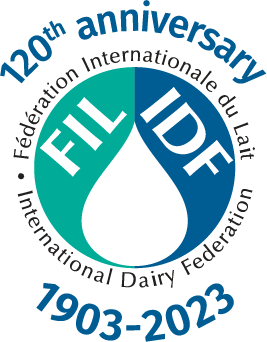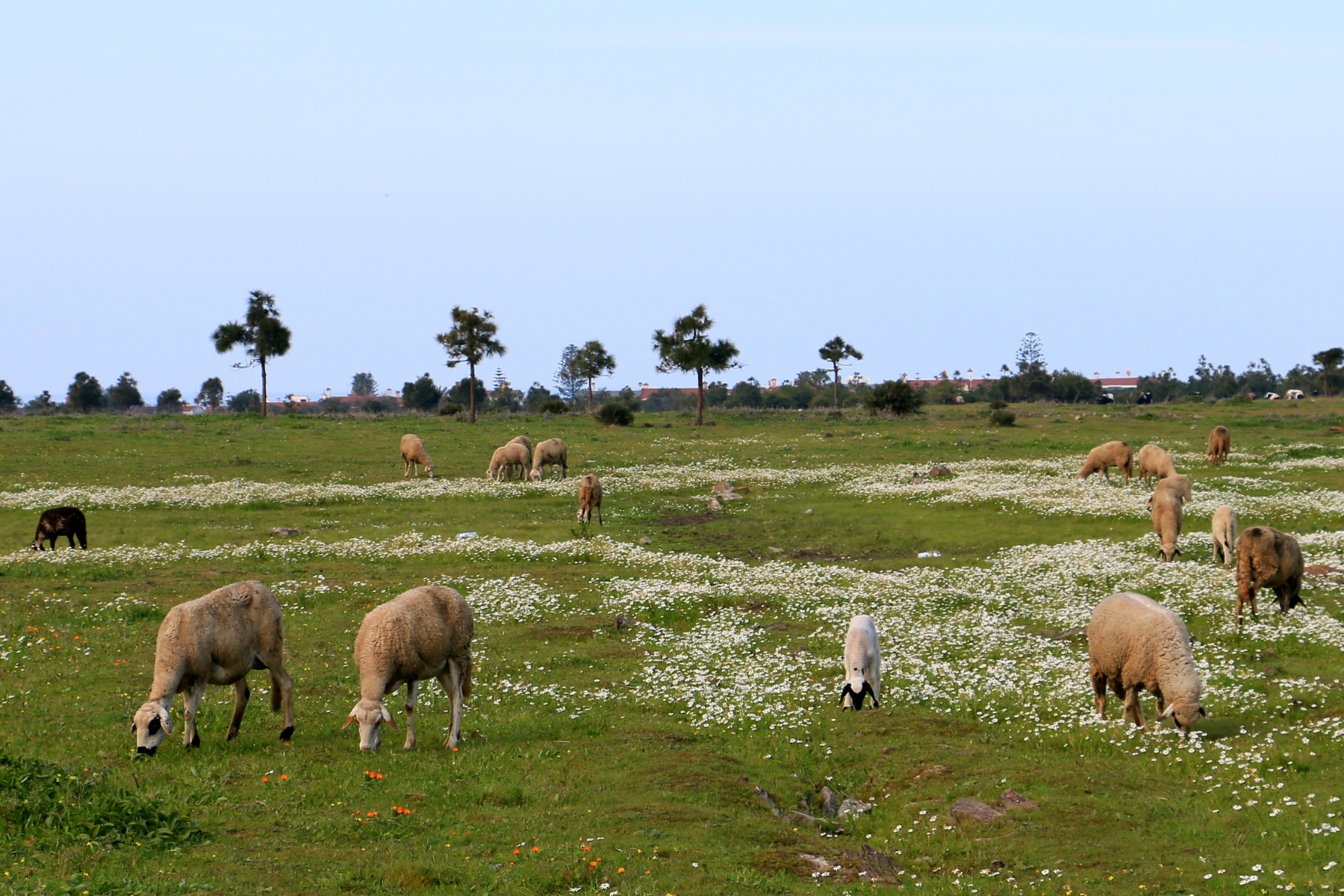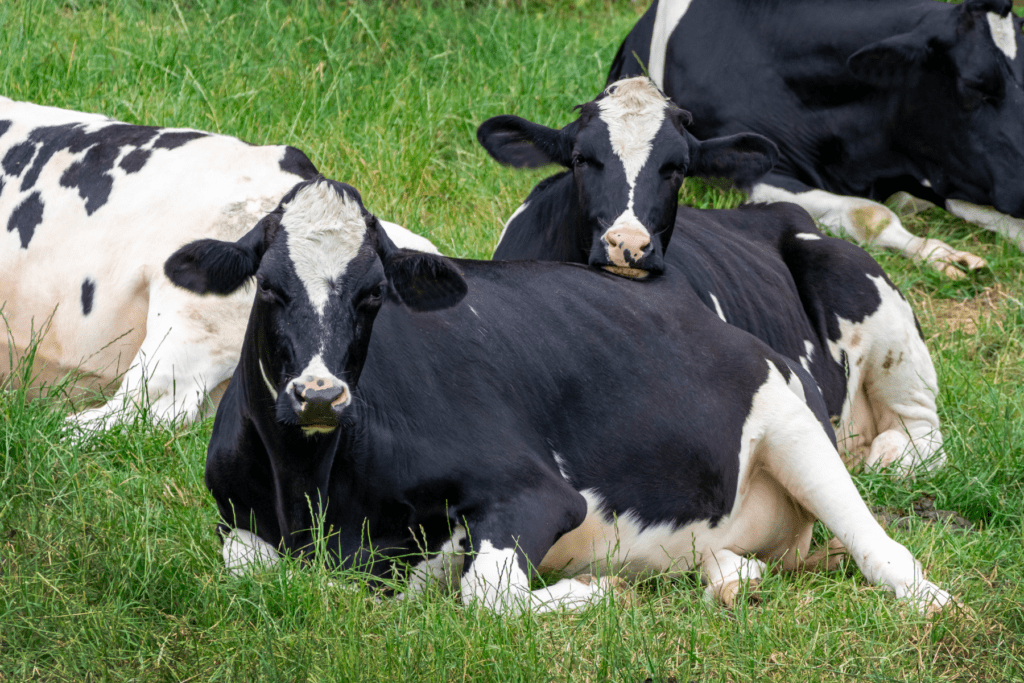Leading scientists meet to assess the climate impact of the agri-food sector in a review of sustainable eating habits
In the climate change debate, the environmental footprint of agriculture is often under discussion, with much of the recent discourse around food focusing on the potential impact of cattle. However, not all information in circulation stands up to scientific scrutiny.
At the highly anticipated
BAMST and
IDF event on 21 June ‘
The Role of Ruminants in Sustainable Diets’, high-level international speakers seek to address this, by discussing the latest science to assess the nutritional and environmental implications of ruminant livestock within a sustainable food system.
Prof. Frédéric Leroy, President of BAMST, an academic non-profit organization, and professor at the Vrije Universiteit Brussel:
“Food of animal origin, such as meat and dairy, has been critically viewed in recent years. But that is not always justified. With this event we want to bring the scientific nuance back into an important debate. Accurate information is essential if we are to make the sustained effort needed to provide healthy diets and reduce global carbon emissions.”
Like all forms of animal agriculture, ruminant production requires land and other resources. Ruminants also produce manure, which must be carefully managed, and methane, a greenhouse gas with global warming potential (GWP). However, research and practice has also demonstrated ways in which ruminants can help improve the sustainability of farms, increasing resilience to extreme weather and supporting the livelihoods of some of the land’s best stewards.
Caroline Emond, IDF Director General:
“The dairy sector has of late received increased attention for its environmental impact on the planet. Every piece of food we eat comes with its own environmental cost, but what many don’t realise is that dairy animals provide numerous benefits to the global ecosystem. As we go forward with important and necessary conversations about sustainable food systems, it is vital to recognise the central place dairy livestock have in the global ecosystem.”
In many countries, dairy animals occupy land that cannot otherwise be cultivated. They can also eat things that humans cannot, such as grass, turning it into milk which can then be turned into a myriad of nutritious foods. Their manure contributes to the fertility of the soil, adding organic matter and nutrients. Per unit, the dairy sector has one of the smallest carbon footprints of all animal products in the world. The overall contribution of milk production and transportation represents only 2.7% of GHG global emissions.
The event ‘The Role of Ruminants in Sustainable Diets’ will take place on Friday 21 June at The Royal Academies for Science and the Arts of Belgium, Brussels. As places at the symposium are limited, we ask that anyone wishing to attend the event register at www.fil-idf.org/bamstidfevent2019/
Notes for editors:
The symposium will be available to view live at the following link: BAMST IDF Livestream.
For information:
• The livestream will start at 9.30am
• You can find the programme in the livestream link
• Participants will be invited to engage on Twitter using the hashtag #yes2cattle
• Speaker information is available here Speaker details











